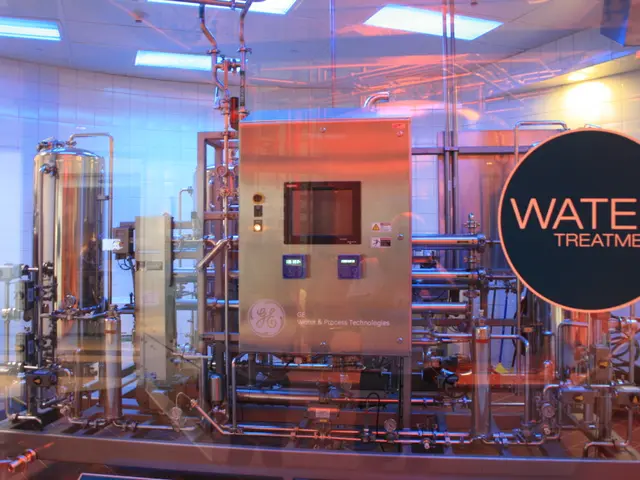U.S. Expands Large-Scale Battery Storage Despite Safety Concerns
Despite growing opposition, large-scale battery energy storage systems (BESS) are expanding across the U.S. While experts acknowledge their potential, they also warn about safety concerns, as seen in recent high-profile news. Meanwhile, states press ahead with projects, deeming BESS crucial for clean-energy goals.
BESS facilities charge during off-peak hours and discharge when demand is high, stabilising power grids and integrating renewable sources. Developers insist that modern designs and strict fire codes minimise risks. However, high-profile incidents like the Moss Landing fire in California have sparked opposition in some communities.
States like California, Texas, and New York continue to expand BESS projects, despite local pushback. New York, for instance, saw plans for a 250-megawatt BESS blocked by authorities, though specifics remain unclear. Meanwhile, the U.S. leads the world in new BESS installations, adding nearly 5,000 megawatts in the second quarter of 2025 alone. Some local governments have imposed temporary moratoriums to study safety risks.
BESS projects face a mix of support and opposition across the U.S. While states recognise their importance for clean-energy goals, communities raise safety concerns. As the technology advances, balancing these interests will be key to the widespread adoption of BESS.






